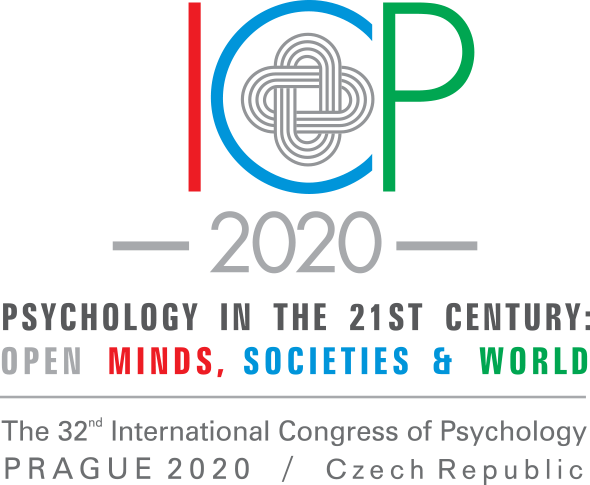

Murray Singer


Speech title:
Text comprehension: Advances and challenges in validation processing
Murray Singer (Ph.D., Carnegie Mellon University, 1973), is Professor Emeritus at the University of Manitoba. He is recognized for ground-breaking findings concerning the interrelations of language comprehension and memory. He presented results findings that refined our insight into the understander's inferences from text. That work culminated in the constructionist theory, in collaboration with Arthur Graesser and Tom Trabasso; that emphasized the readers’ “search after meaning.” This contribution is considered to have long guided comprehension research.
Since 1990. Dr. Singer’s research has clarified that central to comprehension is the reader’s monitoring of the accuracy, coherence, and congruence of text; by processes of “validation.” Validation is applied to both the explicit and implicit content of text and to both familiar and unfamiliar text ideas.
Dr. Singer’s text processes research has been complemented and advanced by his research concerning basic memory processes, including the issues of focused memory search, feeling-of-knowing, criterion shifts, and distinctiveness. Throughout his career, his language and memory research was funded by the Natural Sciences and Engineering Research Council of Canada.
Dr. Singer's early contributions were complemented by his textbook, Psychology of Language (Erlbaum, 1990), which helped to define the emerging field of discourse processes. For these and other contributions, Dr. Singer received the Distinguished Scientific Contributions Award of the Society for Text and Discourse in 2018.
Dr. Singer has contributed to the field as editor of the Canadian Journal of Experimental Psychology, 1998-2001 and as President of the Canadian Society for Brain, Behaviour, and Cognitive Science, 2004-2005. He has been a board member of several professional societies and served on national grant panels. He has often coordinated invited symposia at the International Congress of Psychology.